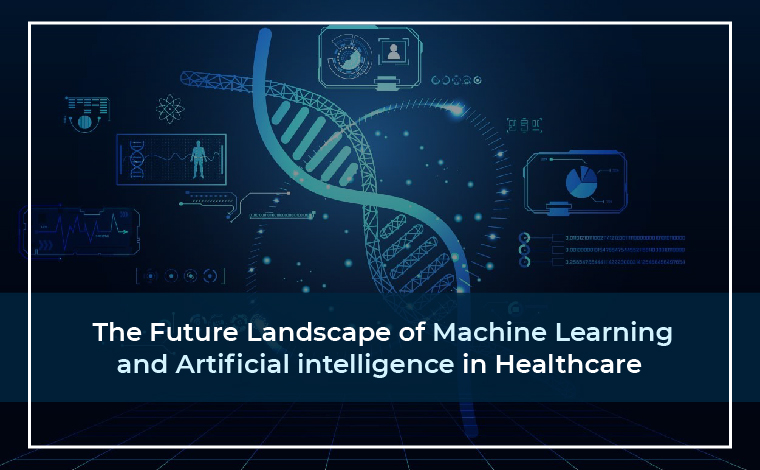


The current era is witnessing a remarkable shift towards virtual health, highlighting the necessity for reliable and clinically accurate technologies in the delivery of virtual medicine. The Covid pandemic has played a significant role in establishing a new normal, showcasing the transformative potential of Artificial Intelligence (AI) and Machine Learning (ML) in the healthcare sector.
Advanced tools are now being utilized to enhance patient experiences in hospitals, converting real-world interactions into virtual engagements while ensuring quality through remote service delivery. For many years, AI-driven robots have been integral across various industries, and they have recently begun to make their mark in hospital management systems.
In clinical care alone, there are over 50 use cases for integrating AI. With this rapid advancement in technology, how can your business benefit? What steps can you take to utilize these groundbreaking innovations?
AI-based robots and solutions can provide swift returns and add value by reducing costs, fostering new product development, and enhancing consumer engagement. Moreover, by implementing strong security measures and data governance strategies, healthcare businesses can significantly scale their operations.
### The Role of AI in Modern Healthcare:
AI is an emerging force in today’s world, particularly in clinical care, where it offers a range of applications.
**Radiology:** AI solutions are increasingly being adopted to automate image analysis and diagnosis, improving efficiency while minimizing human error.
**Drug Discovery:** AI is paving the way for new potential therapies, enhancing the efficiency of drug development and accelerating the renewal of drug delivery processes.
**Identifying Patient Risks:** By analyzing historical patient data, digital assistants can provide clinics with real-time support in identifying at-risk patients. Additionally, advanced ML algorithms can help reduce medication-related errors.
**Primary Care:** Global health organizations are developing direct-to-patient solutions, including chatbot interactions, that offer foundational guidance on clinical care.
AI can boost administrative efficiency, leading to quicker and more precise medical treatments for patients, resulting in reduced costs and fewer cases of patient readmission. However, the effectiveness of AI-based virtual assistance largely depends on its seamless integration with existing care workflows.
### A Smarter Future with AI in Healthcare:
Many organizations are beginning to incorporate AI at early stages. Although it may take some time to fully realize the benefits, numerous sectors within healthcare stand to benefit from AI’s future potential.
By utilizing historical patient data, surgical procedures, and case outcomes, AI can assist in surgical planning, ensuring accurate measurements and aiding doctors in tracking essential data. Furthermore, AI can help predict surgical outcomes by comparing similar cases.
Virtual health assistants, like chatbots or smart speakers, can handle customer inquiries, evaluate symptoms, and facilitate appointments. In telemedicine, AI can significantly enhance health monitoring, perform predictive diagnoses, and create effective remote health management systems at minimal costs.
The most promising opportunities in healthcare involve hybrid models, where digital assistants support healthcare professionals in diagnosis, treatment, and risk identification. This fosters the accelerated implementation of AI and ML in clinical settings, ultimately improving operational efficiency and mitigating risks.
### Final Thoughts:
Adopting AI in both clinical and insurance sectors can be a gradual process fraught with challenges. Current AI and ML-based virtual health platforms represent cutting-edge technologies available today.
Their ability to reduce physical burnout and minimize manual errors positions them as powerful alternatives to traditional clinical care methods. This technology is evolving sustainably to support hospitals and their patients while ensuring compliance with regulations. With solutions like Simbo, you can access the latest advancements in medicine, paving the way for the future of virtual healthcare management.